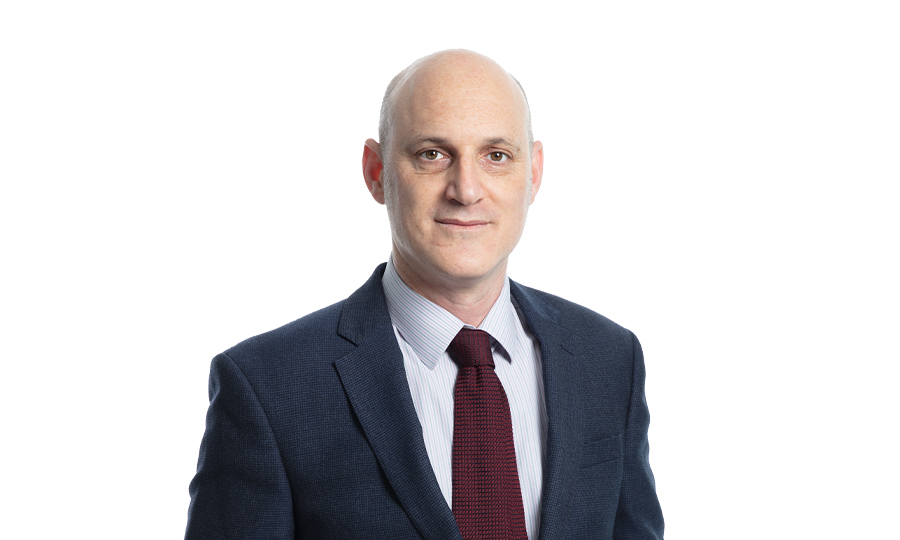Serious Fraud Office: meaningful progress or back to square one?
The Attorney General’s Office (AGO) has announced that the Serious Fraud Office (SFO) “has made significant progress” in implementing the recommendations made in the wake of the Unaoil and Serco failings.
This article considers this progress and asks whether the SFO can make meaningful changes, or whether its hands are tied?
Detailed recommendations
The SFO appointed Sir David Calvert-Smith and Brian Altman KC to review its handling of the Unaoil investigation (R v Akle & Anor) and the collapse of the prosecution of Serco individuals (R v Woods & Marshall). Their findings were published in July 2022, with Sir David making 11, and Altman KC 18, recommendations – notable for their detail and specificity.
The recommendations covered operational issues, management and leadership, culture, disclosure and resourcing which we analysed in ‘The SFO on trial; can it change its ways?’.
Progress on easy wins
As we would hope, the SFO has acted quickly on the ‘easy wins’, such as: revising its Operational Handbook to introduce standardised methodologies for the disclosure process (Altman KC’s recommendation 6); and an internal communication campaign to promote adherence to its operational policies (Sir David’s recommendations 6 and 11).
A new policy for employees to raise concerns about cases has been adopted (Sir David’s recommendation 10), and it has reviewed the roles and responsibilities of case team members, refreshing the relevant guidance (Altman KC’s recommendation 13).
For some of the more cultural changes, the SFO says it has put in measures to deliver such recommendations, but it will take time to see them embedded. For example, the effectiveness of the Roskill Model (by which investigators and prosecutors work together) and the need for it to be “characterised by frankness” (Sir David’s recommendation 3.a.).
With SFO Director Lisa Osofsky stepping down next year, the SFO will have the opportunity to deliver on Sir David’s recommendation 1, namely that there should never be ‘interregnum periods’ between outgoing and incoming directors.
Missing the key point?
Conspicuous by its absence in the AGO’s announcement, there is no meaningful progress on the critical issue: resourcing. Altman KC opined that the remuneration for disclosure reviewers is not reasonable for the work done (or what is expected to be done).
The SFO’s Executive Committee considered and “reluctantly agreed” that it could not divert resources to disclosure reviewers without negatively impacting other aspects of the SFO’s work.
Ultimately, the SFO operates under a public sector budget and increased rates are largely out of its hands. The government is short sighted. The SFO is already a net contributor to the Treasury to the tune of 3.9 times its budget. A better-resourced SFO could be expected to pursue serious fraud more aggressively, making use of the vast array of powers it already has to collect larger financial penalties and confiscation orders.
The SFO’s pre-investigation powers of compulsion will soon be expanded but will it have the resources to use them? Similarly, reform of corporate criminal liability is back in the spotlight. The government has been committed to consider a codification of the identification doctrine and the expansion of failure to prevent offences to fraud and other economic crimes. How much use will these be without well-staffed teams?
The SFO is having a good year, obtaining a record penalty of £280m from the guilty pleas of Glencore and having convicted four individuals since May. The government should see this as an opportunity to back the SFO with proper resources.
With an election on the horizon, and a new director arriving next year, this is a chance to make a statement that it is serious about tackling fraud and economic crime. Until it does, the SFO will always be fighting with at least one hand tied behind its back.




